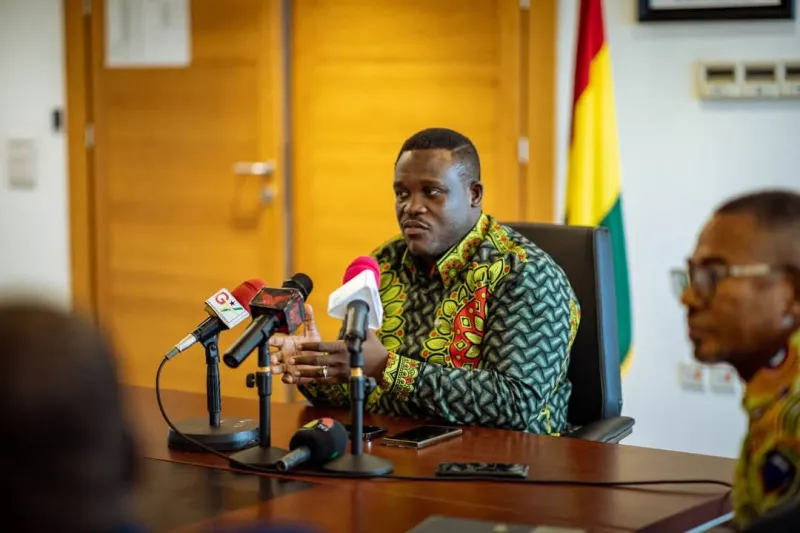The Ghanaian Ministry of Communications, Digital Technology, and Innovations, led by Minister Sam Nartey George, has announced the formation of a joint committee to address the contentious issue of DStv subscription fees in Ghana. This development follows weeks of escalating tension between the ministry and MultiChoice Ghana, the pay-TV operator, culminating in a regulatory demand for a 30% price reduction and the imposition of daily fines for non-compliance with pricing data submission requirements. The creation of the committee signifies a shift towards collaborative negotiation, aiming to establish a mutually acceptable price reduction strategy within a defined timeframe. This marks a pivotal moment in the ongoing dialogue between the government and MultiChoice, potentially leading to more affordable DStv services for Ghanaian subscribers.
The core issue at hand revolves around the affordability of DStv subscriptions in Ghana. The ministry’s push for a 30% price reduction reflects concerns about the financial burden placed on Ghanaian consumers, particularly given the prevailing economic conditions. MultiChoice’s initial resistance to the price cut demand led to regulatory action, including the imposition of a GH¢10,000 daily fine for failing to provide mandatory pricing data as stipulated by the Electronic Communications Act (ECA). The threat of license suspension further underscored the government’s commitment to ensuring fair pricing practices within the telecommunications sector. The formation of the joint committee represents a de-escalation of this standoff, offering a platform for constructive dialogue and potential resolution.
The joint committee, chaired by Minister Nartey George himself, comprises representatives from the ministry, the National Communications Authority (NCA), MultiChoice Ghana, and MultiChoice Africa. This multi-stakeholder composition aims to ensure a balanced and comprehensive approach to the price reduction issue. MultiChoice’s request for a 30-day deliberation period was rejected by the ministry, which insisted on a shorter timeframe of 14 days, inclusive of weekends. This expedited timeline underscores the government’s urgency in addressing the public’s concerns regarding DStv affordability. The committee’s mandate is to develop a viable price reduction strategy that addresses consumer affordability while considering the operational realities of MultiChoice’s business model.
The decision to form the committee arose from MultiChoice’s request for a collaborative approach to determining the extent of the price reduction. While initially resistant to the mandated price cut, MultiChoice’s eventual acceptance of the need for a reduction indicates a willingness to negotiate a mutually agreeable solution. The engagement with the ministry and regulatory bodies signifies a strategic shift towards cooperation and a recognition of the importance of maintaining a positive relationship with the Ghanaian government and its consumers. This collaborative approach is expected to lead to a more sustainable outcome compared to a strictly enforced, potentially contested, government mandate.
The compressed timeframe of 14 days for the committee’s deliberations highlights the urgency and importance of this issue for both the government and consumers. The expectation is that the committee will engage in intensive discussions and analysis to arrive at a fair and feasible price reduction plan. The involvement of both MultiChoice Ghana and MultiChoice Africa suggests that the discussions will consider the broader implications of the price adjustments, potentially influencing pricing strategies across the continent. The public announcement of the committee’s recommendations, expected later in September, will be a crucial moment, marking a significant development in the affordability of pay-TV services in Ghana.
The outcome of the joint committee’s deliberations holds significant implications for the Ghanaian pay-TV market. A substantial price reduction could significantly increase access to DStv services for a wider segment of the population, fostering greater access to information and entertainment. This could also set a precedent for future negotiations between the government and other telecommunications providers, potentially influencing pricing strategies across the sector. The successful implementation of a mutually agreed-upon price reduction strategy could strengthen the relationship between MultiChoice and the Ghanaian government, creating a more stable and predictable regulatory environment. The committee’s work is therefore not only about DStv subscription prices but also about the broader dynamics of consumer protection and industry regulation in Ghana’s evolving digital landscape.














